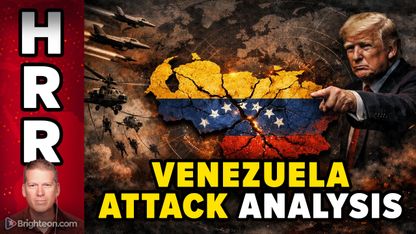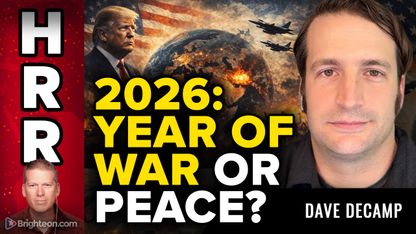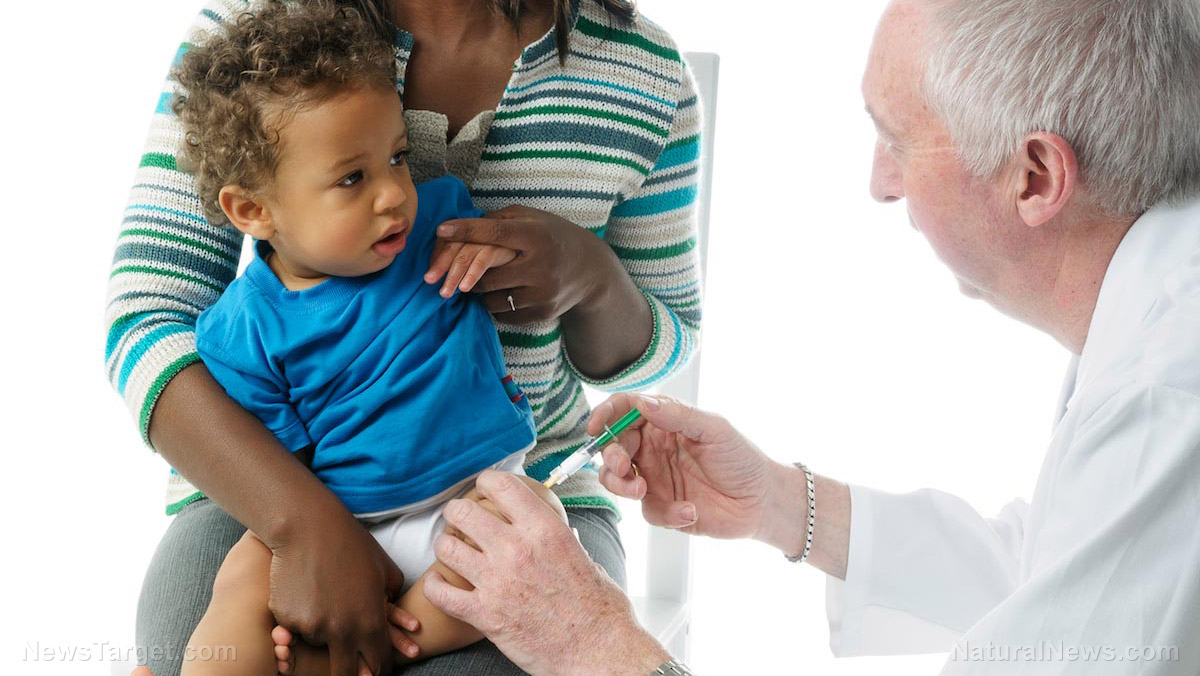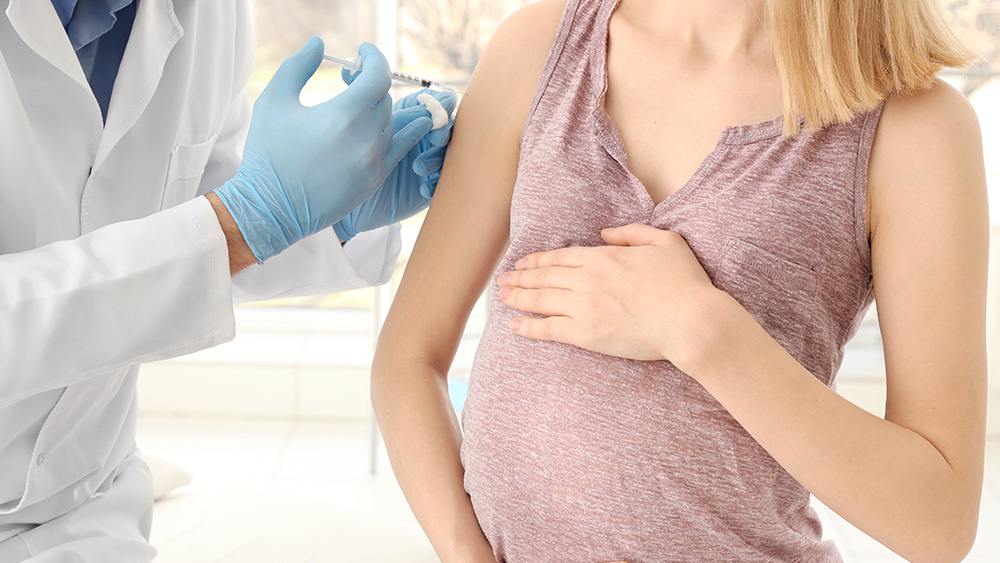
Sandro Tognatti, 57, received the AstraZeneca jab on Saturday afternoon, March 13, according to his wife. He developed a fever later in the evening and felt ill again on Sunday morning. The family called an ambulance to bring him to the hospital, but he died shortly after arriving.
Judicial authorities in Tognatti's hometown of Biella in northern Italy have opened a "preliminary probe" to investigate his death. The cause of death is still unknown and the authorities stressed that they do not have any evidence establishing a link between his death and the AstraZeneca vaccine.
Authorities said the probe will only help identify the exact cause of death and establish whether there is a cause for alarm. They are waiting on the results of a post-mortem examination to help them figure out where to direct their investigation. (Related: Dozens of Italian teachers fall ill after getting vaccinated for coronavirus.)
Listen to this special Situation Update breaking news episode of the Health Ranger Report, a podcast by the Health Ranger Mike Adams, as he talks about how multiple nations in Europe have halted the use of the AstraZeneca vaccine due to reports of the jab causing serious blood clots.
Piedmont cracks down on the use of AstraZeneca vaccines
Biella is located in the northwestern Italian region of Piedmont. Following Tognatti's death, the Piedmontese regional government announced on Sunday that it would no longer use the batch of AstraZeneca vaccines from which Tognatti received his shot.
Piedmont initially suspended all uses of the AstraZeneca vaccine in the region in order to identify and isolate the batch from which Tognatti's jab came.
"It is an act of extreme prudence, while we verify whether there is a connection," said Luigi Genesio Icardi, head of Piedmont's health services department, in a statement. "There have been no critical issues with the administration of the vaccine to date."
The following day, prosecutors from the region announced that they confiscated the dubious vaccines. They seized over 393,600 shots of the AstraZeneca vaccine, all belonging to a batch known by the serial number ABV5811.
"It is therefore important to ensure the continued administration of the drug throughout the country does not lead to further consequences [harmful or fatal] … until we are completely sure that [Tognatti's] death cannot be attributed to the above-mentioned inoculation," said prosecutor Teresa Angela Camelio in a statement.
The decision of the prosecutors to seize nearly 400,000 doses of the AstraZeneca vaccine followed a similar move by authorities in Sicily, an island region in the south of Italy. The regional government in Sicily seized a batch of AstraZeneca vaccines following the deaths of two men who had recently received their doses.
Italian drug agency suspends use of AstraZeneca vaccines
While the Italian government claimed there was no evidence of a connection between any of the deaths and the AstraZeneca vaccines, the country's top drug regulatory agency decided to suspend its use across the country.
The Italian Medicines Agency (AIFA), the main public institution responsible for regulating pharmaceuticals in the country, said the suspension of the AstraZeneca vaccine is merely a precautionary measure pending a ruling from the European Medicines Agency (EMA).
Before the ban, the AIFA had approved suspension on multiple batches of the AstraZeneca vaccine with the country's police force physically seizing doses from those suspended batches.
The AIFA first suspended a batch of AstraZeneca vaccines when a sailor and a policeman in Sicily died after taking the vaccine. This was followed by another suspension order when one other police officer in Sicily and two school workers in the region of Campania in southern Italy also died after receiving the vaccine.
The decision for a blanket ban came after Italian Minister of Health Roberto Speranza talked with his counterparts in Spain, Germany and France.
"The choices made and shared today by the main European countries on AstraZeneca have been taken purely as a precautionary measure pending the next decisive meeting of the [EMA]," said Speranza in a statement. "We are confident that the European agency will already in the next few hours be able to definitively clarify this issue."
The World Health Organization, the EMA, the Italian government, multiple other European nations and supposed health experts have all insisted that the vaccine is safe. They have also tried to reinforce the notion that there are no causal links between the AstraZeneca vaccines and the deaths.
"Around 17 million people in the E.U. and the U.K. have now received our vaccine, and the number of cases of blood clots reported in this group is lower than the hundreds of cases that would be expected among the general population," said Ann Taylor, AstraZeneca's chief medical officer. "The nature of the pandemic has led to increased attention in individual cases and we are going beyond the standard practices for safety monitoring of licensed medicines in reporting vaccine events, to ensure public safety."
Learn more about the dangers associated with receiving a shot of the Oxford-AstraZeneca coronavirus vaccine by reading the latest articles at Vaccines.news.
Sources include:
Please contact us for more information.























